Here, you will find a wide range of information and data related to ACIAR collaborative programs and projects.

ACIAR project leaders and teams can find out more about adding a site to the ACIAR Research Portal under Project Tools on the ACIAR website.
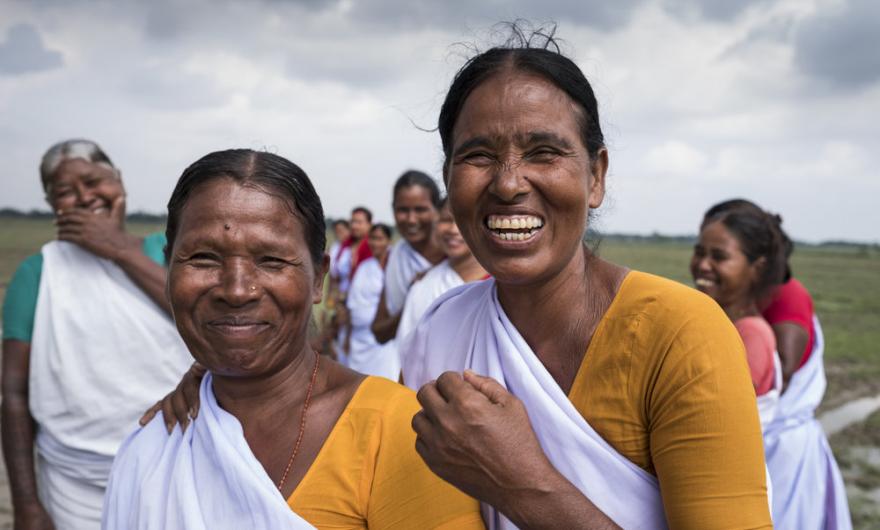
SDIP aimed to improve the management of water, energy, and food resources in three Himalayan river basins (Indus, Ganges, and Brahmaputra), focussing on benefits for women and girls.
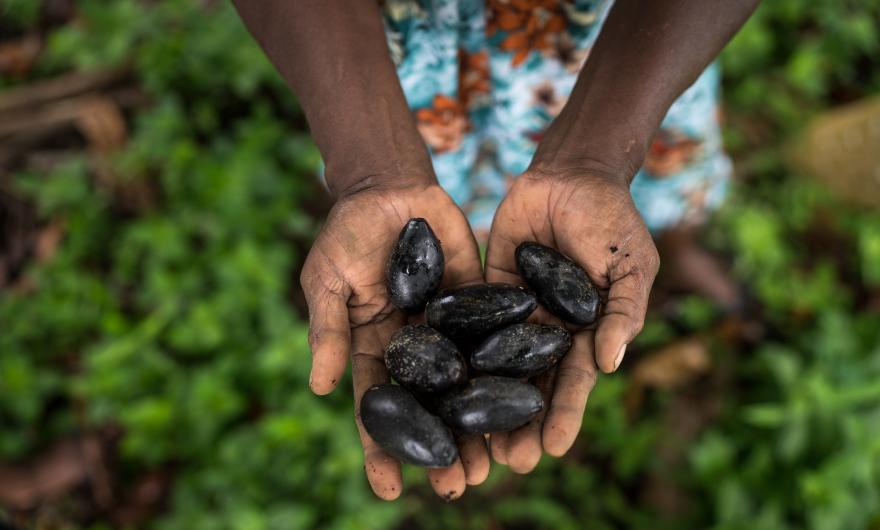
The Transformative Agriculture and Enterprise Development Program (TADEP) is a multidisciplinary research program that aims to improve the livelihoods of rural men and women in Papua New Guinea. The program is co-funded by the Department of Foreign Affairs and Trade (DFAT) and the Australian Centre for Agricultural Research (ACIAR).

This project aimed to improve the net income and livelihoods of mango farming smallholders by increasing the competitiveness of selected mango value chains in two provinces in southern Vietnam.
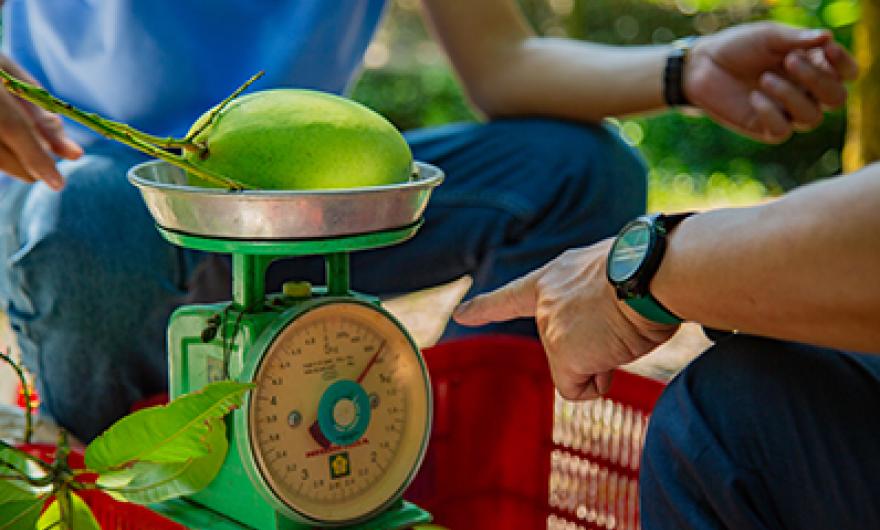
The Mango Agribusiness Research Program supported a regional development outcome to help smallholder farmers and mango industry stakeholders in ACIAR partner countries and Australia derive greater income and livelihood benefits from the production and sale of mango and mango products.
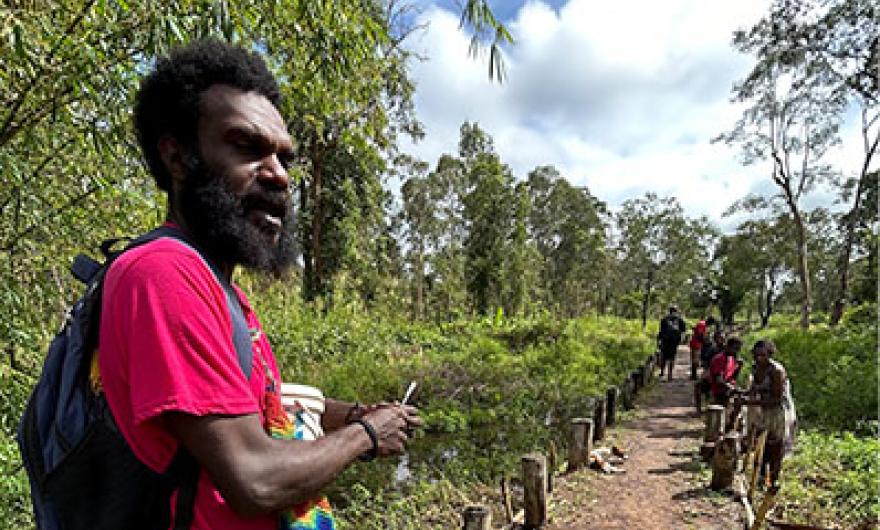
A joint collaboration between the University of Canberra, the Pacific Adventist University, and the East New Britain Women and Youth in Agriculture Cooperative Societies Association.
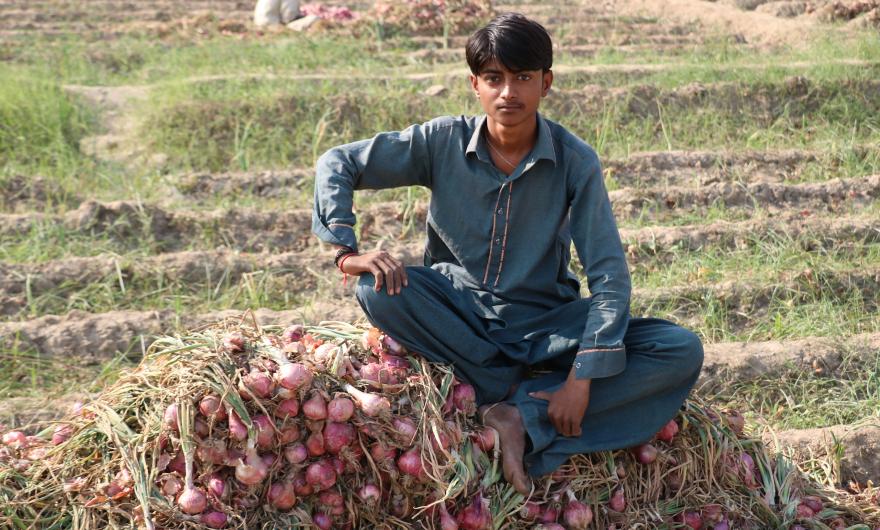
ACIAR's program in Pakistan, also known as Aik Saath aims to achieve more productive and sustainable agricultural systems, for the benefit of both Pakistan and Australia, through research partnerships.
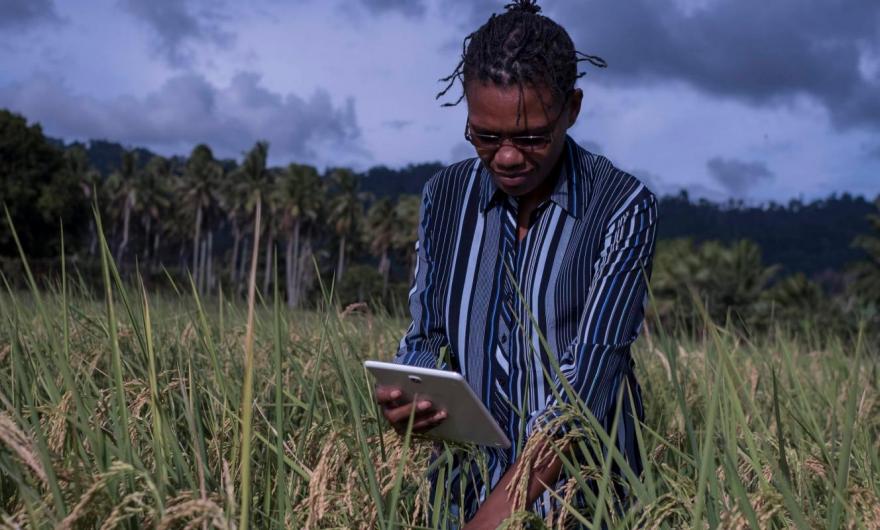
MAD technologies can provide feedback to end users (e.g. farmers) allowing better relationships with communities and greater research impact.
Digitisation of paper-based surveys provides an opportunity to renew discussions on research design.
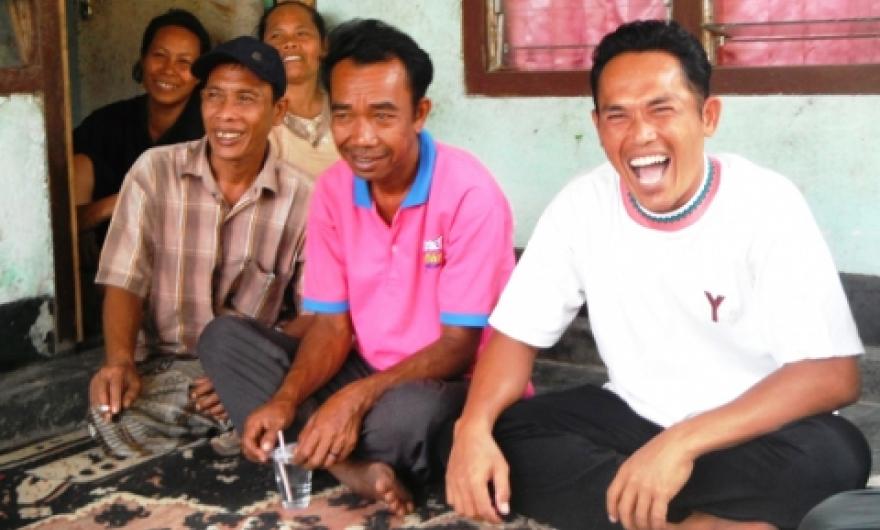
EI-ADO (Analysing Agribusiness Development Opportunities in Eastern Indonesia) is a series of agribusiness value chain studies funded by the Department of Foreign Affairs and Trade (DFAT).
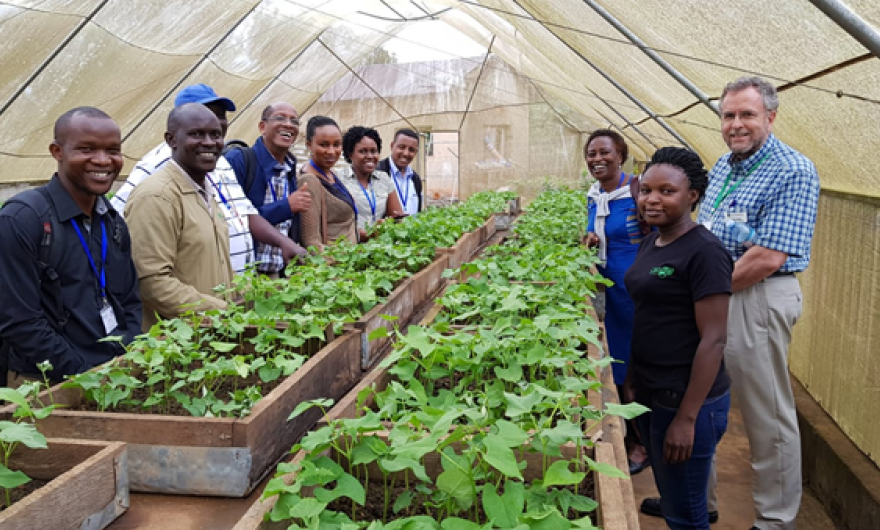
This project aims to deliver new genotypes of common bean with 30% shorter cooking time, 15% higher iron and 10% higher zinc content than current varieties, and to train African plant breeders in a new rapid method of plant breeding based on optimal mating designs.
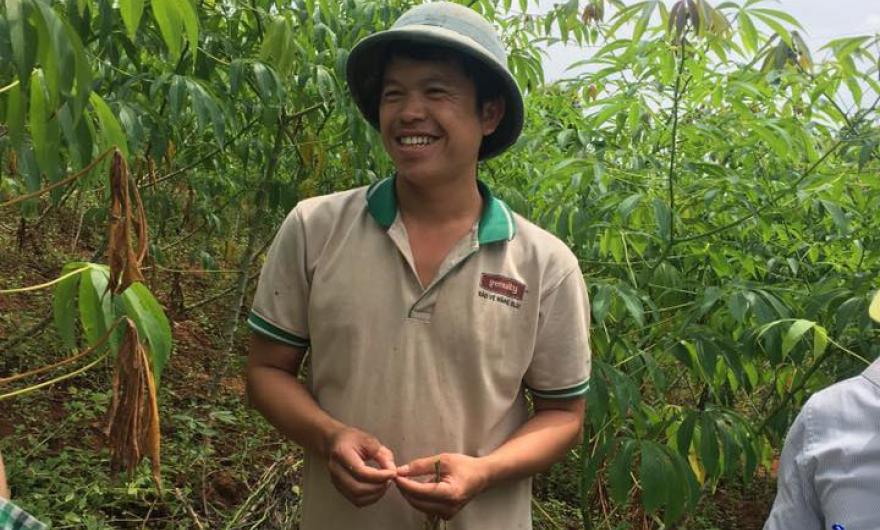
The program analyses the socio-economic conditions under which improved technology and market booms in commercial crops such as cassava can be harnessed to increase the profitability and sustainability of smallholder farming systems in Mainland Southeast Asia and thereby contribute to poverty reduction.


